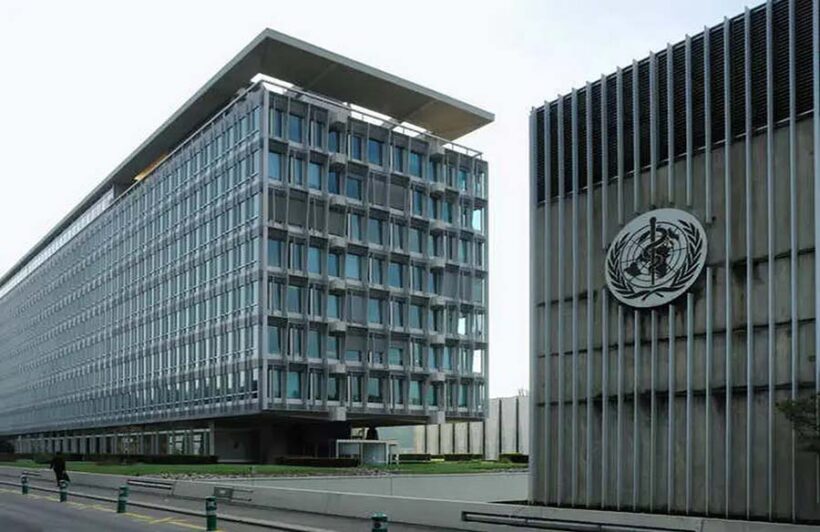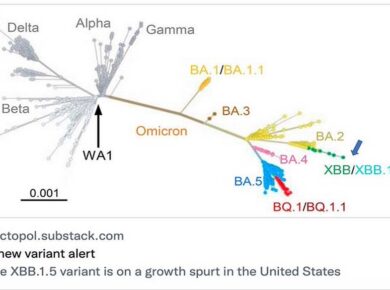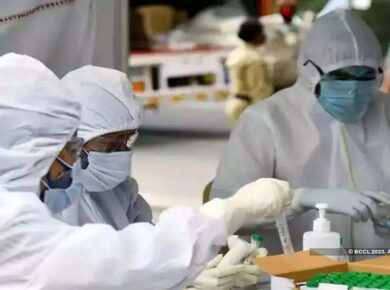A World Health Organization (WHO) report highlights that better hypertension control could prevent approximately 4.6 million deaths related to high blood pressure in India by 2040.
WHO’s First-Ever Report
During the 78th Session of the United Nations General Assembly, WHO unveiled its inaugural report on the global impact of high blood pressure. The report underscores the urgent need for effective hypertension management to mitigate its devastating consequences.
Magnitude of Hypertension in India
The report reveals that an estimated 188.3 million adults aged 30-79 years in India live with hypertension. To achieve a 50 percent control rate, an additional 67 million individuals with hypertension would require effective treatment.
Current Status
Only 37 percent of Indians have a diagnosed condition of high blood pressure, with 32 percent being males and 42 percent females. However, merely 35 percent of those diagnosed undergo treatment, with a higher proportion among females (35 percent) compared to males (25 percent). Alarmingly, only 15 percent of individuals have their hypertension under control, indicating a significant gap in management.
Implications of Uncontrolled Hypertension
Uncontrolled hypertension significantly increases the risk of heart attack, stroke, and premature death. Approximately 52 percent of deaths attributed to cardiovascular diseases in India, such as heart attacks, are linked to elevated blood pressure.
Global Perspective
Globally, one in three adults suffers from hypertension, with four out of five individuals not adequately treated. However, scaling up coverage could avert 76 million deaths between 2023 and 2050, emphasizing the importance of comprehensive hypertension management strategies.
Call for Action
Dr. Tedros Adhanom Ghebreyesus, WHO Director-General, stresses the effectiveness of simple, low-cost medication regimens in controlling hypertension. Lifestyle modifications, including healthier dietary choices, tobacco cessation, and increased physical activity, are also crucial in lowering blood pressure.
Importance of Prevention and Early Detection
Prevention, early detection, and effective management of hypertension are among the most cost-effective health interventions. These strategies should be prioritized by countries as part of their national health benefit packages, particularly at the primary care level.
Strengthening Hypertension Control
Dr. Tedros advocates for prioritizing hypertension control programs, emphasizing their integration into universal health coverage initiatives. Strengthening health systems, particularly at the primary care level, is essential in ensuring equitable access to hypertension management services.
In conclusion, effective hypertension control is critical in averting millions of deaths in India and globally. By prioritizing prevention, early detection, and comprehensive management strategies, countries can significantly reduce the burden of high blood pressure and its associated complications.










